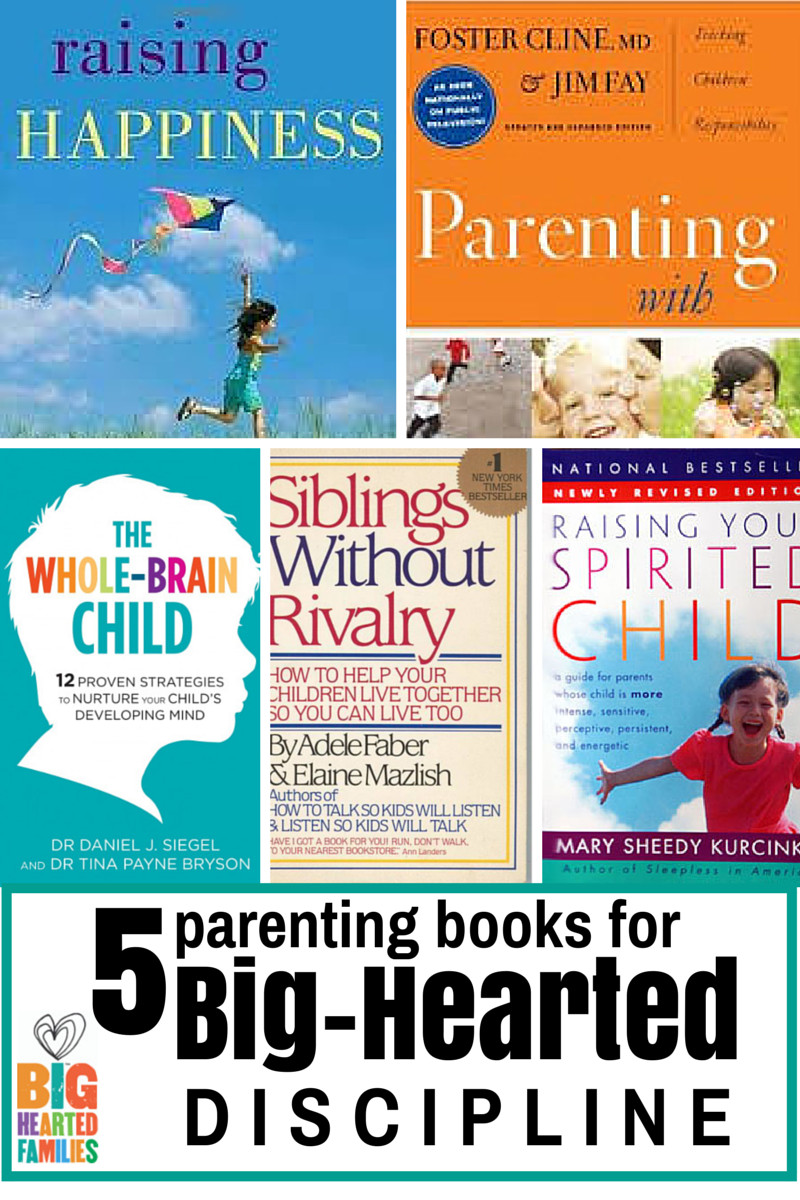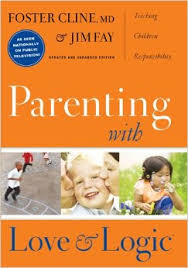The goal of parenting is a nebulous one. Day by day, our top priority is to keep everyone alive and safe and fed. (On the good days I add clean to the list.) Sometimes, these basics alone leave us utterly exhausted.
The long-term goal is significantly more complex. As parents, we hope to raise independent, responsible, compassionate adults who are able to thrive amid the demands of their own exhausting days.
The public conversation about discipline in recent weeks has been discouraging, to say the least. It is my personal belief that violence as a tool for discipline only undermines my long-term parenting goals. It teaches fear rather than responsibility; fear rather than compassion; fear rather than love.
But let me be honest.
I've been that parent out of tools. I've stared down the defiant gaze of my beautiful kindergartner, screaming at her with an anger so hot it nears violence. Get. Your. Pants. On. And. Get. On. The. BUS!
Sadly, I've started our days with tears and wondered how on earth to teach her the respect and discipline she'll need, not just to get through kindergarten, but through life.
The sense of powerlessness was intense.
I realized I needed more tools, better ideas. We needed to move beyond the ineffective time outs and abolition of screen time.
So I gathered resources around me. Excellent books that served me well in that moment, but more importantly, they've helped me establish the routines and expectations that did, in fact, teach respect and discipline. And I've turned away from that horrible screaming parent that seized me for a while.
And it has paid off. Using the tools in these books, we set up routines that laid more responsibility on my kindergartner, giving her a greater sense of control and independence. Now she's a first-grader, and she is the captain of her mornings. She's respectful. And, when she occasionally lapses, I can squash my screaming mom instincts with practiced, effective tools.
From my toolbox to yours:
Here are Five Parenting Books for Big-Hearted Discipline:
Thinking through your responses before discipline is required is a common theme in all of these books and was key to my family's successful management of our behavioral low point (to date). Pick one, read it, and feel that much more prepared next time you face a parenting challenge that threatens to trigger an explosion.
Raising Happiness: 10 Simple Steps for More Joyful Kids and Happier Parents by Christine Carter.
Happy parents raise happy children. Carter's tips will help you achieve both, and her chapter on discipline is short enough to re-read when the need arises and helpful enough that you'll want to. Carter's approachable and interesting writing style makes it an enjoyable read too, almost part memoir and part parenting book.
Parenting with Love and Logic by Foster Cline and Jim Fay.
This book has become a foundational teaching tool fro many schools. They host parent education seminars built around the practical advice and clear strategies outline by Cline and Fay. This is a tool you are sure to return to time and again, because, as we all know, as soon as we've become an expert in one parenting challenge, a new one arises. This book covers them all.
"Wise parents take simple actions early on so they can avoid having to take very painful ones later.” - Jim Fay
Raising Your Spirited Child: A guide for parents whose child is more intense, sensitive, perceptive, persistent, and energetic by Mary Sheedy Kurcinka.
In case there is any confusion, let me assure you, all children are spirited in one way or another, at least in my experience. This entire book focuses on establishing systems, routines, and predictable responses to unacceptable behavior, reducing the need for discipline and empowering children to thrive. I love this sentiment:
"Being a parent, building a healthy relationship with a child is a never-ending process - not even when the children become adults. There are good days and there are lousy days... remember: progress not perfection is our goal." - Mary Sheedy Kurcinka
Siblings without Rivalry: How to Help your Children Live Together So You Can Live Too by Adele Faber and Elaine Mazlish.
Specific to multi-child households, Siblings without Rivalries is so practical it is more user manual than reading material. This means you can effectively skim it for the tools you need, and revisit it in moments when necessary. Plus it's full of mediation and peacekeeping techniques that will serve your kids for a lifetime.
The Whole Brain Child: 12 strategies to nurture your child's developing mind by Daniel J. Siegel and Tina Payne Bryson.
If you're a brain science junky like me, you'll love this smart, funny, but infinitely practical book. The chapter titled "Engage, Don't Enrage" was very insightful. Like the authors of Parenting with Love and Logic, Siegel and Bryson advocate rational, measured responses. The tips are broken down by age, and include some helpful (and hilarious) illustrations.
"Too often we forget that discipline really means to teach, not to punish. A disciple is a student, not a recipient of behavioral consequences." - Daniel Siegel
Plus a bonus book!
No-Drama Discipline: the whole brain way to calm the chaos and nurture your child's developing mind by Daniel J. Siegel and Tina Payne Bryson.
Clearly, this one didn't help me in my parenting crisis of 2013, since it was released this week, but it is beautifully done. From the writers of The Whole Brain Child: 12 strategies to nurture your child's developing mind, this book is full of practical advice relevant to almost any situation. I'm excited to put a few of these new ideas to work!
Haven't found what you're looking for?
DGT's Complete Resource Collection.
Disclaimer: Doing Good Together™ is a participant in the Amazon Services LLC Associates Program, an affiliate advertising program designed to provide a means for sites to earn advertising fees by advertising and linking to Amazon.com.
The recommendations we offer are based solely on our mission to empower parents to raise children who care and contribute.








